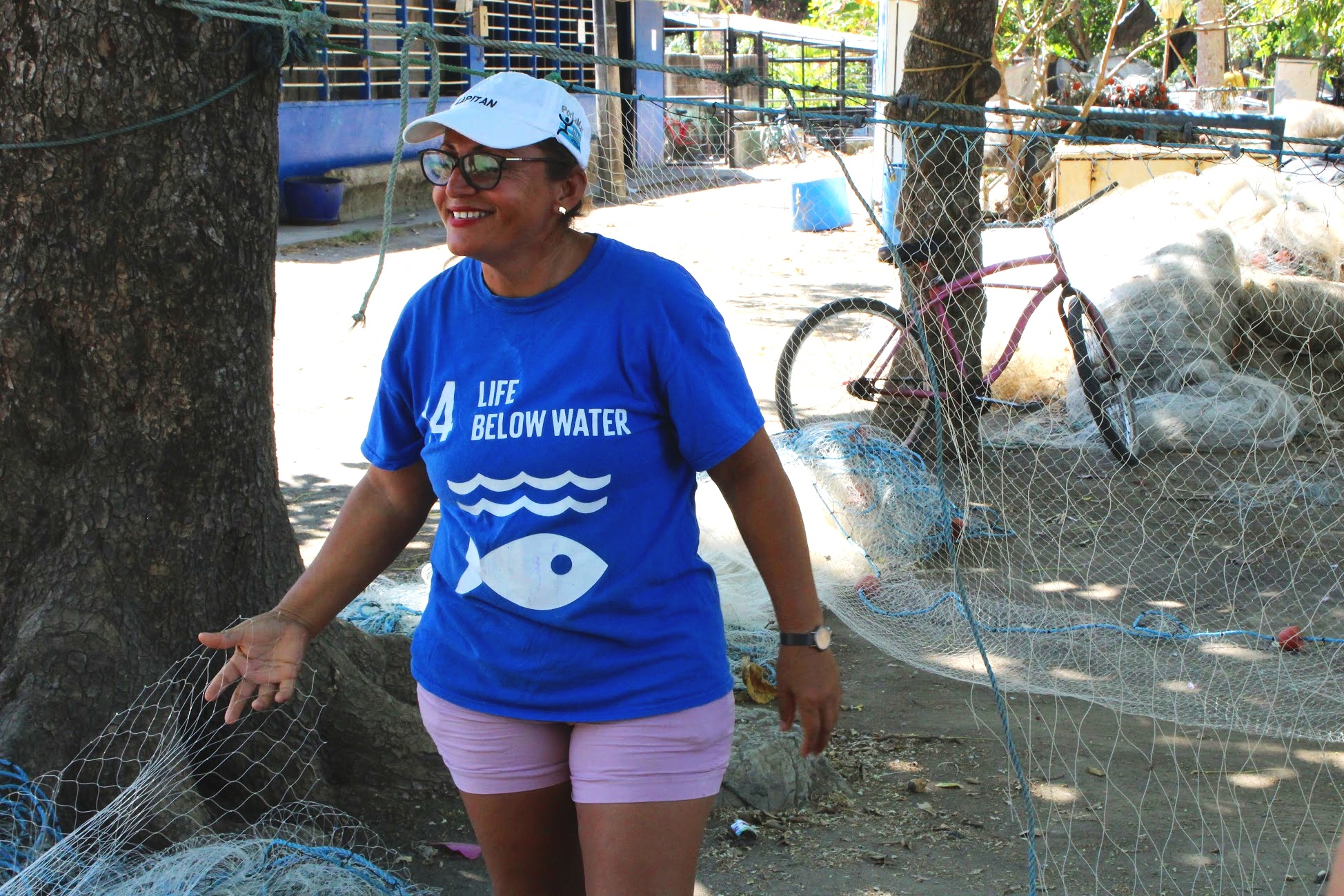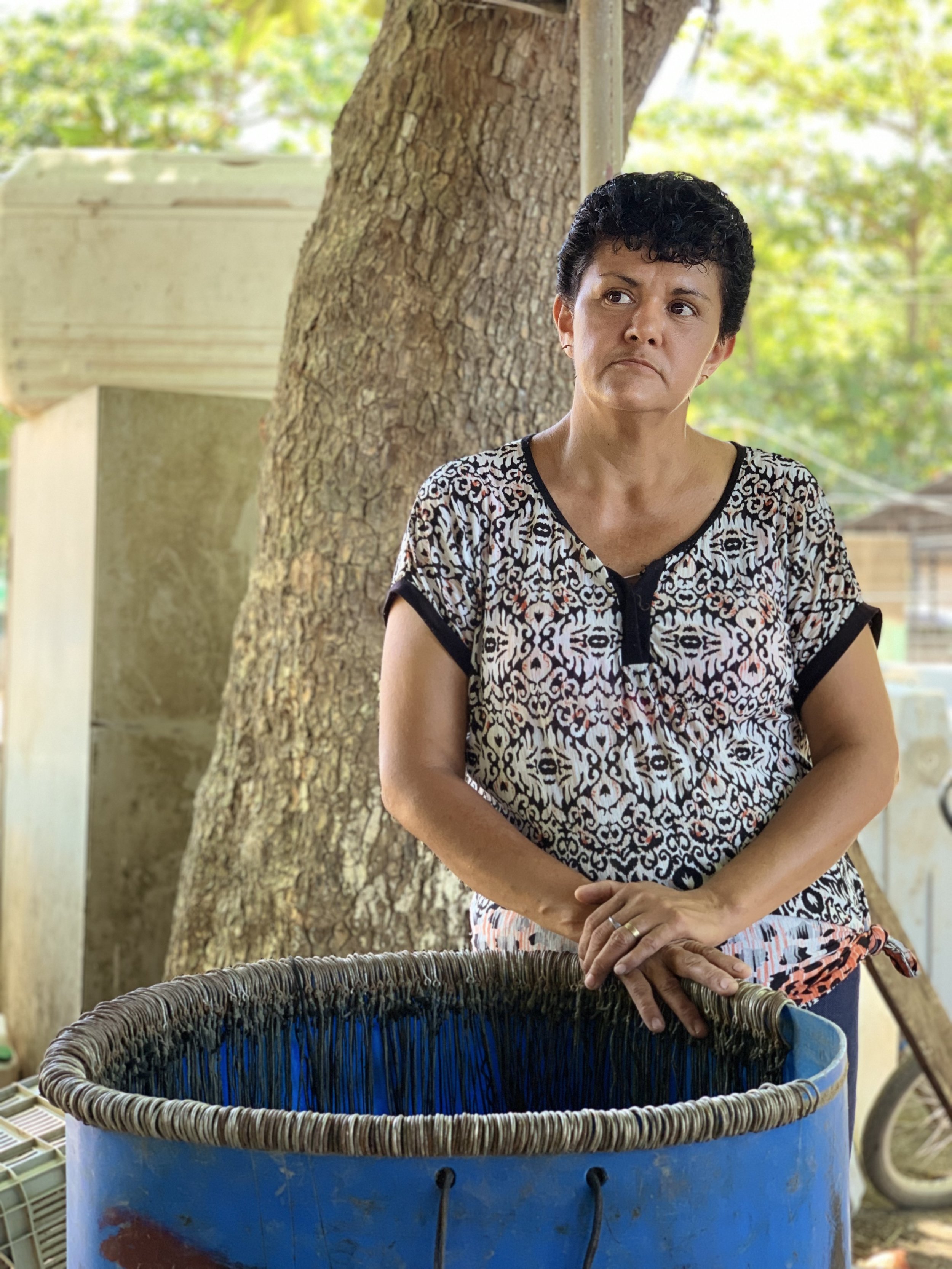JeanNette Naranjo
Text by Jess Ruderman
Jeannette Naranjo has worked as an artisanal fisher-person in Tarcoles, a small fishing village in Costa Rica, for 20 years. Naranjo is one of eight women who belong to the Coope Tarcoles R.L., a fishing cooperative, and one of only three who actually fish.
“It was part of my family,” Naranjo said. “I always saw my father fishing when I was little and I always liked it. Due to my obligations, I didn’t start fishing at an early age, but now my children are all grown up and I’ve been doing it for 20 years.”
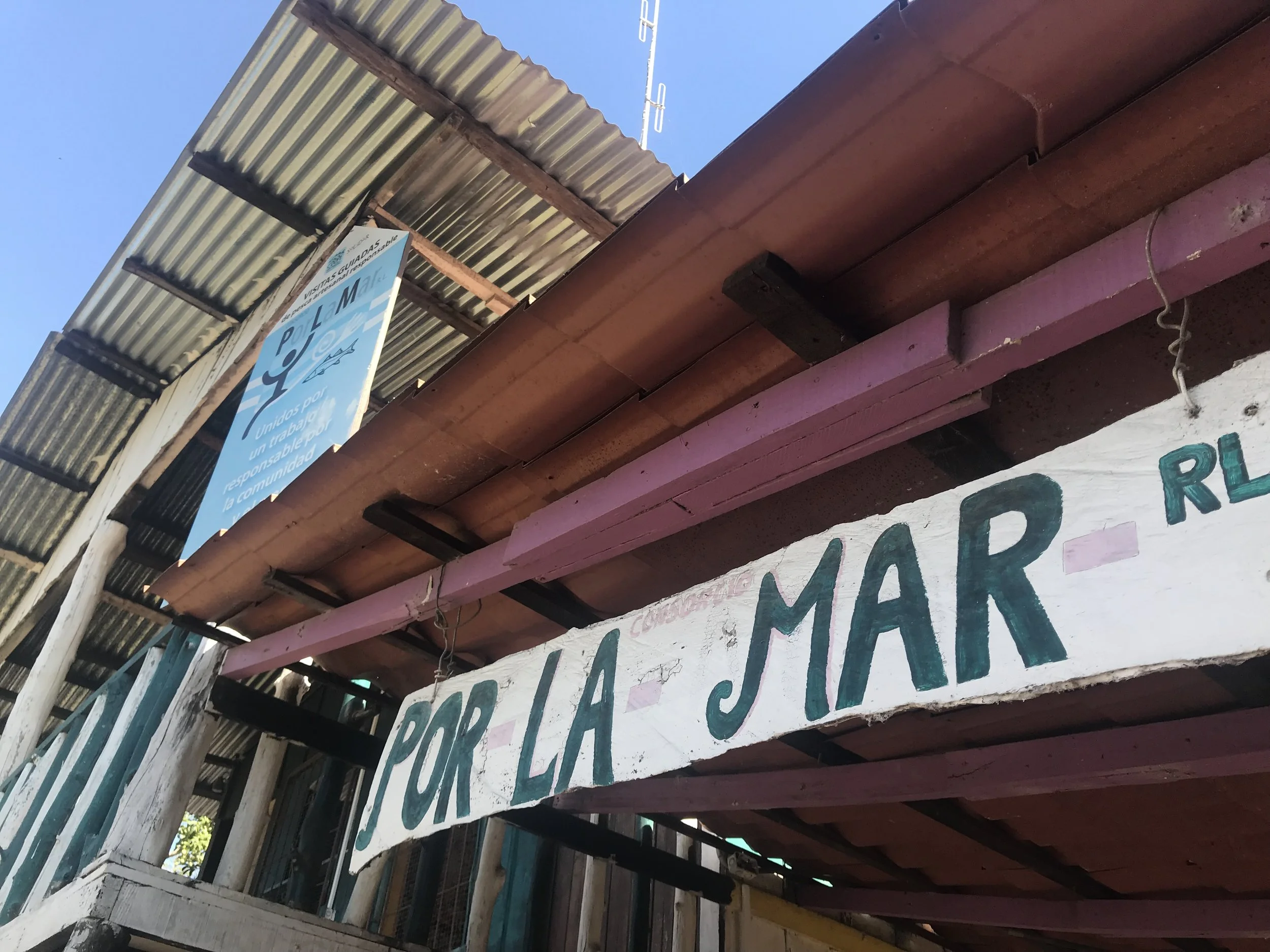
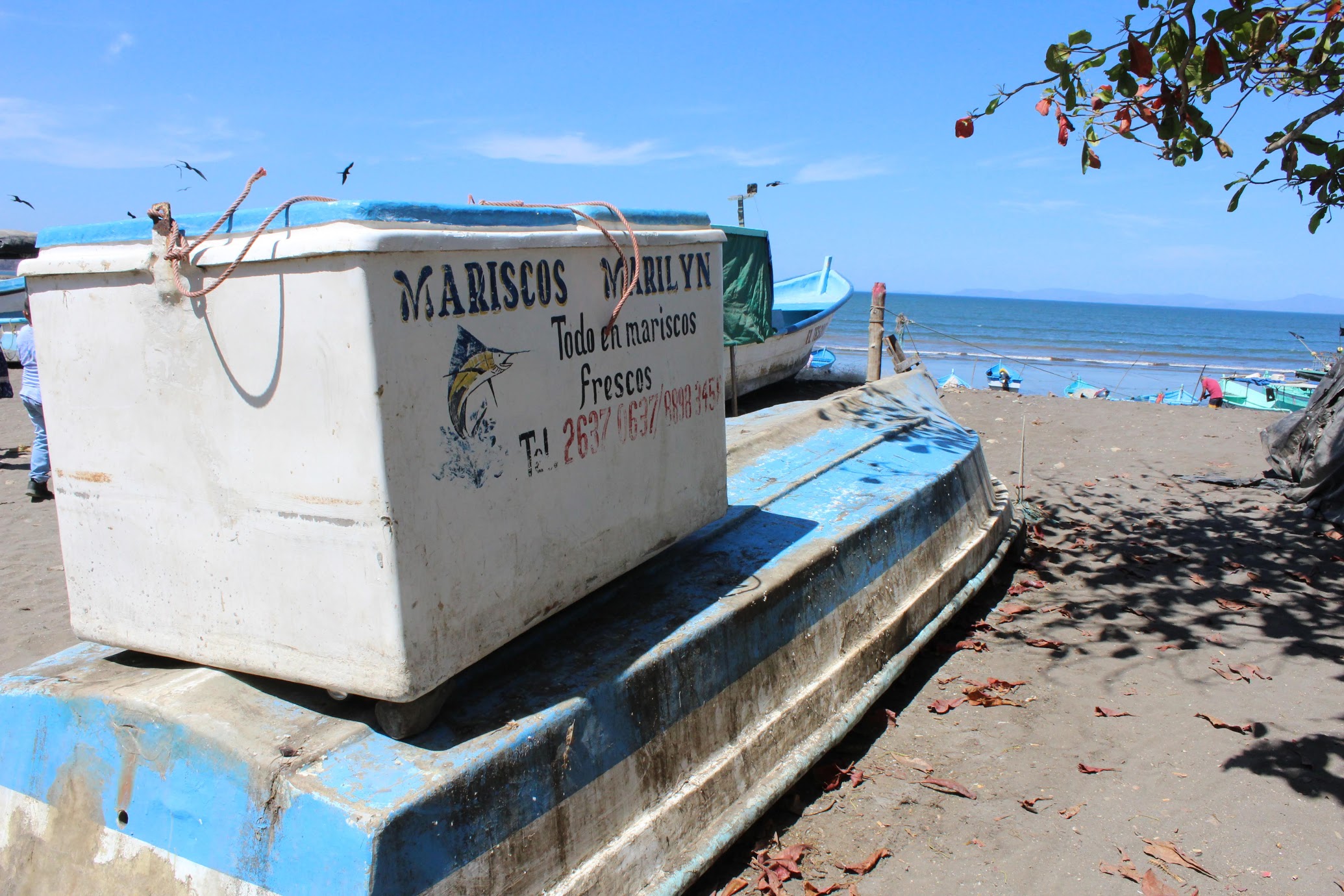

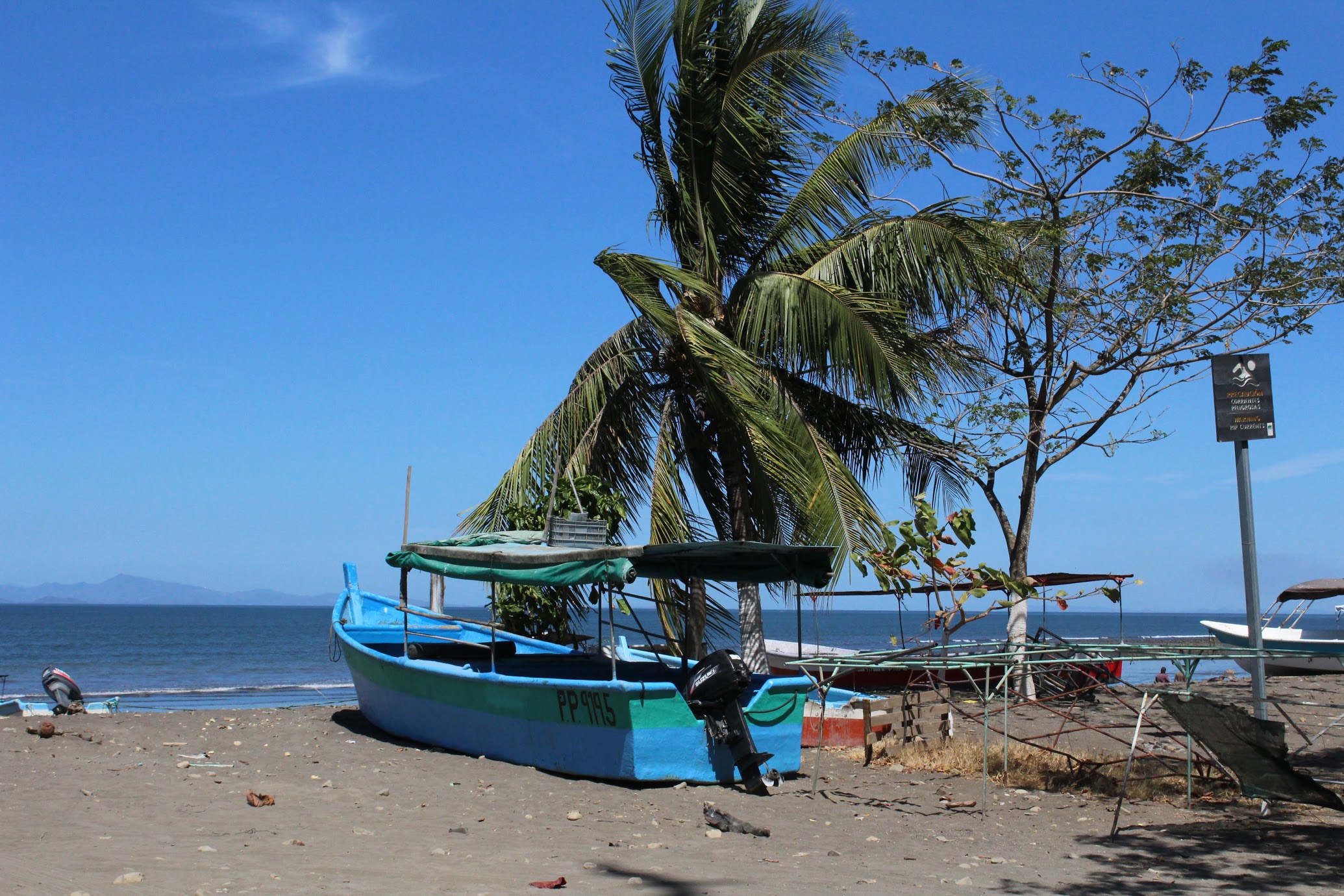
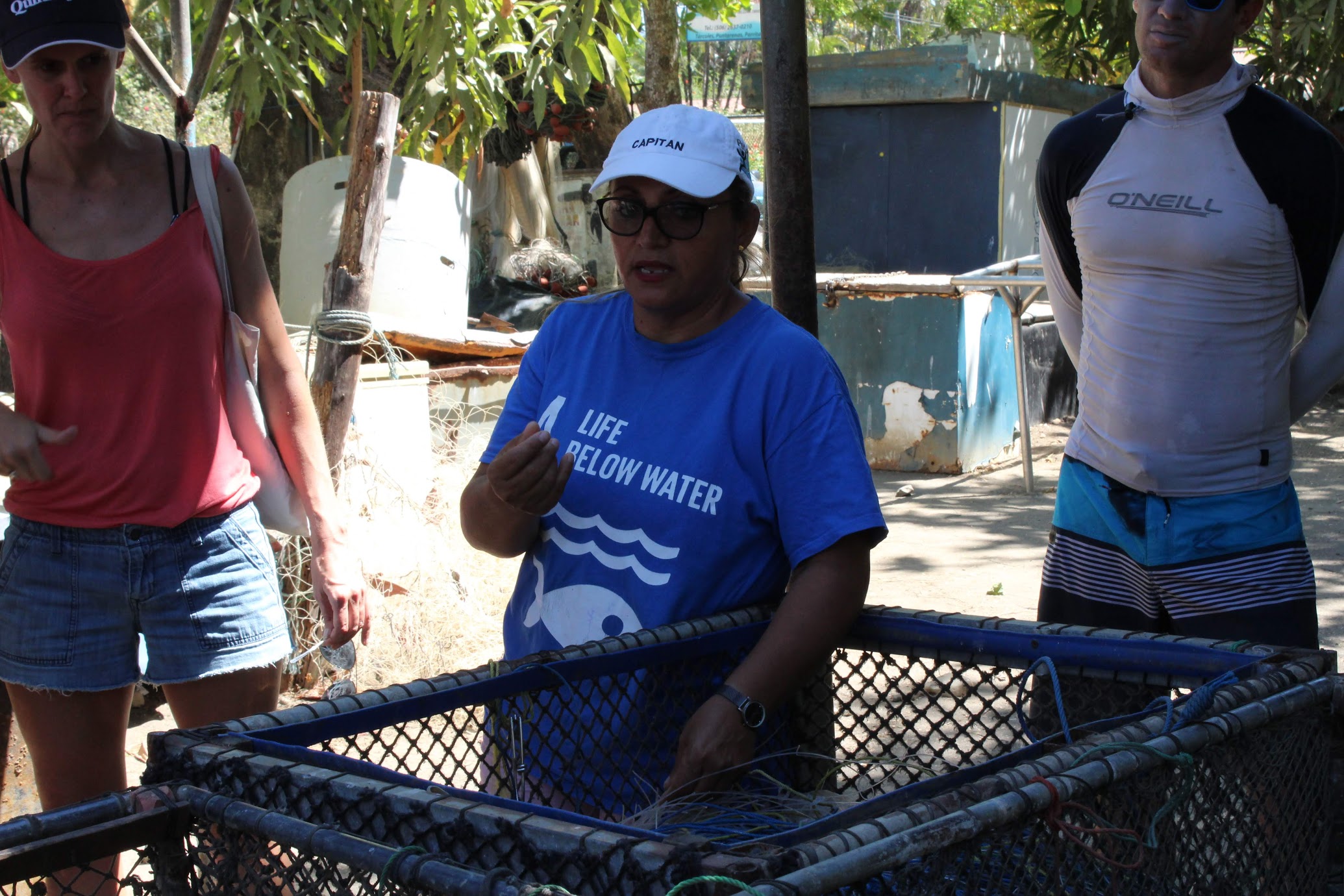
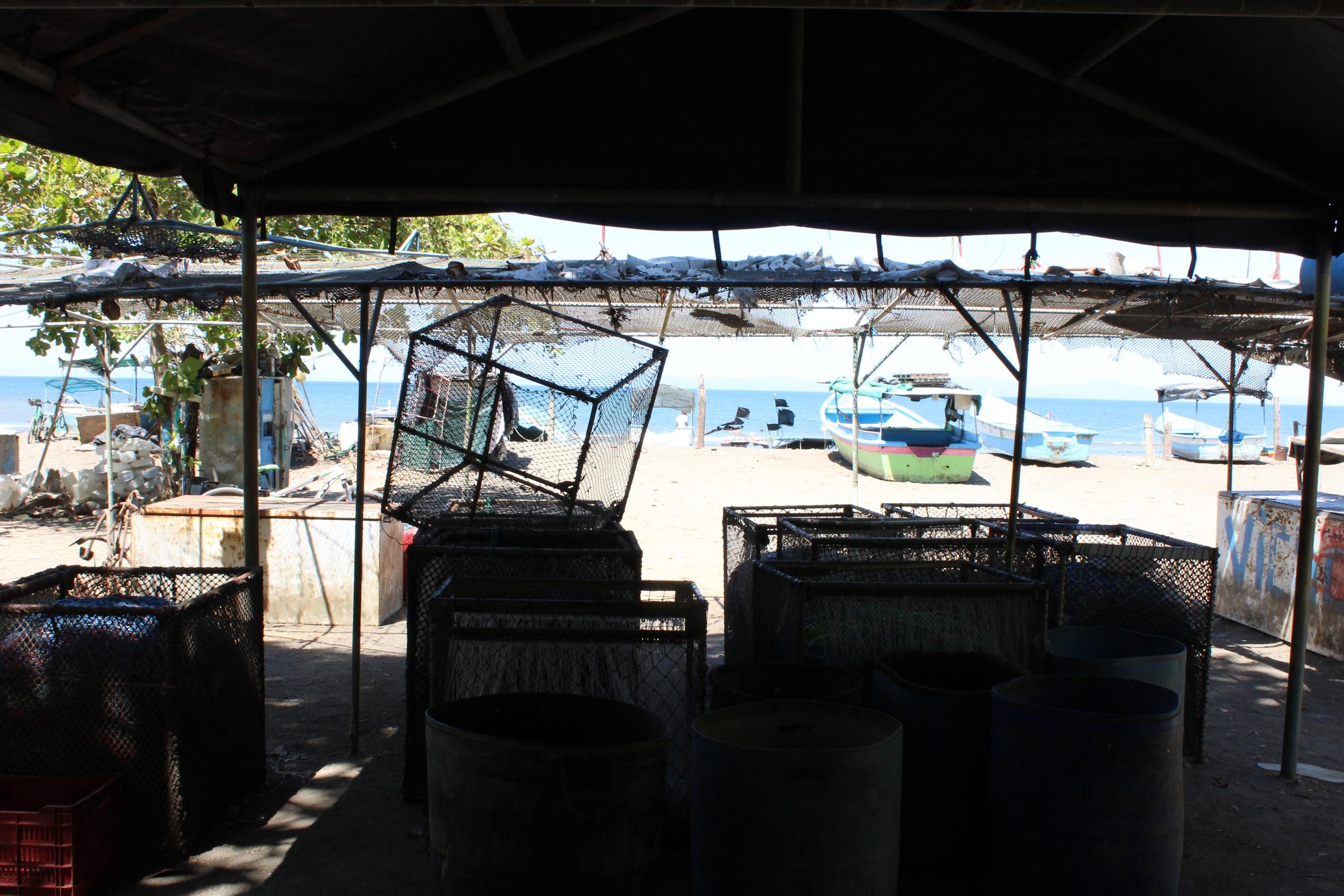
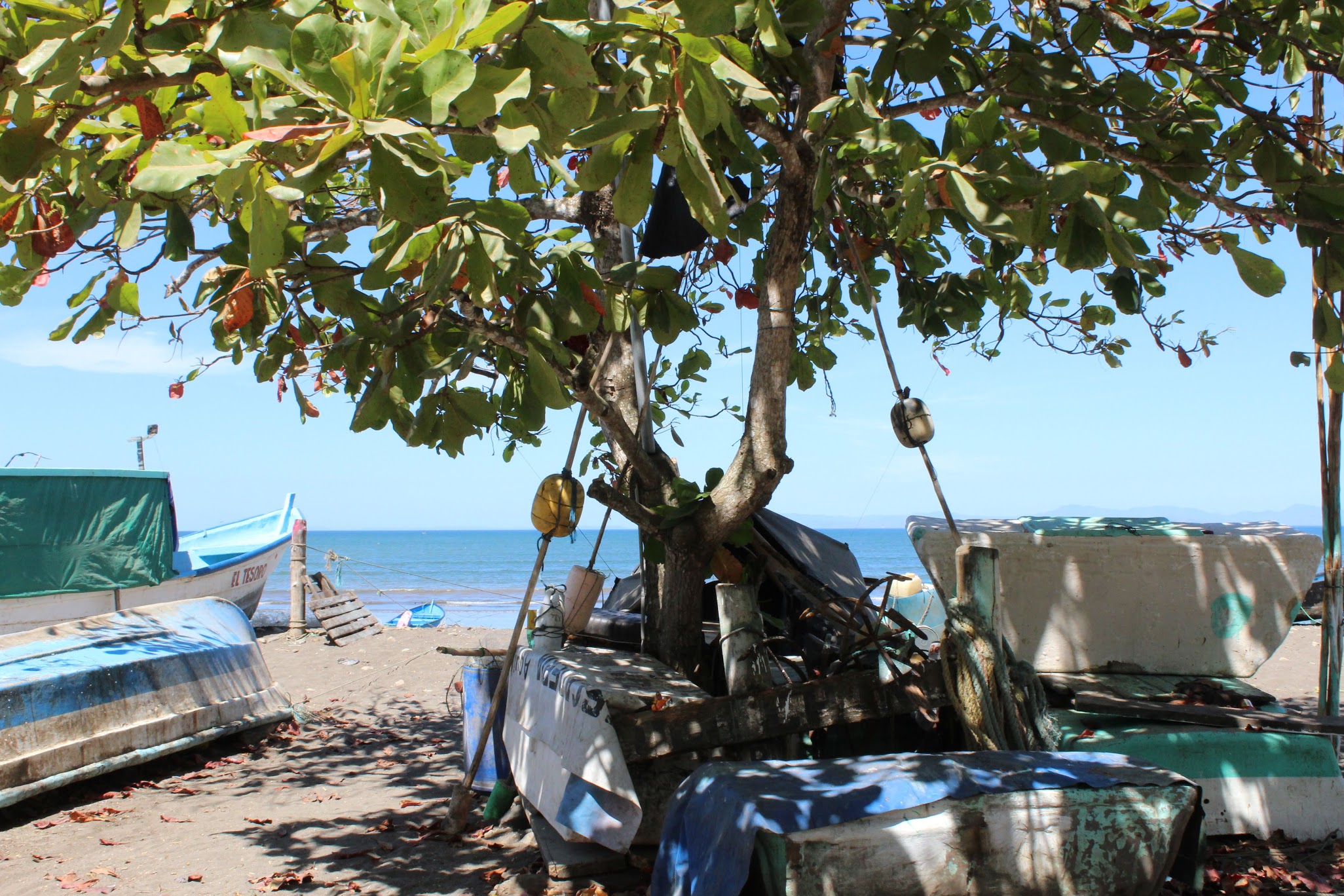
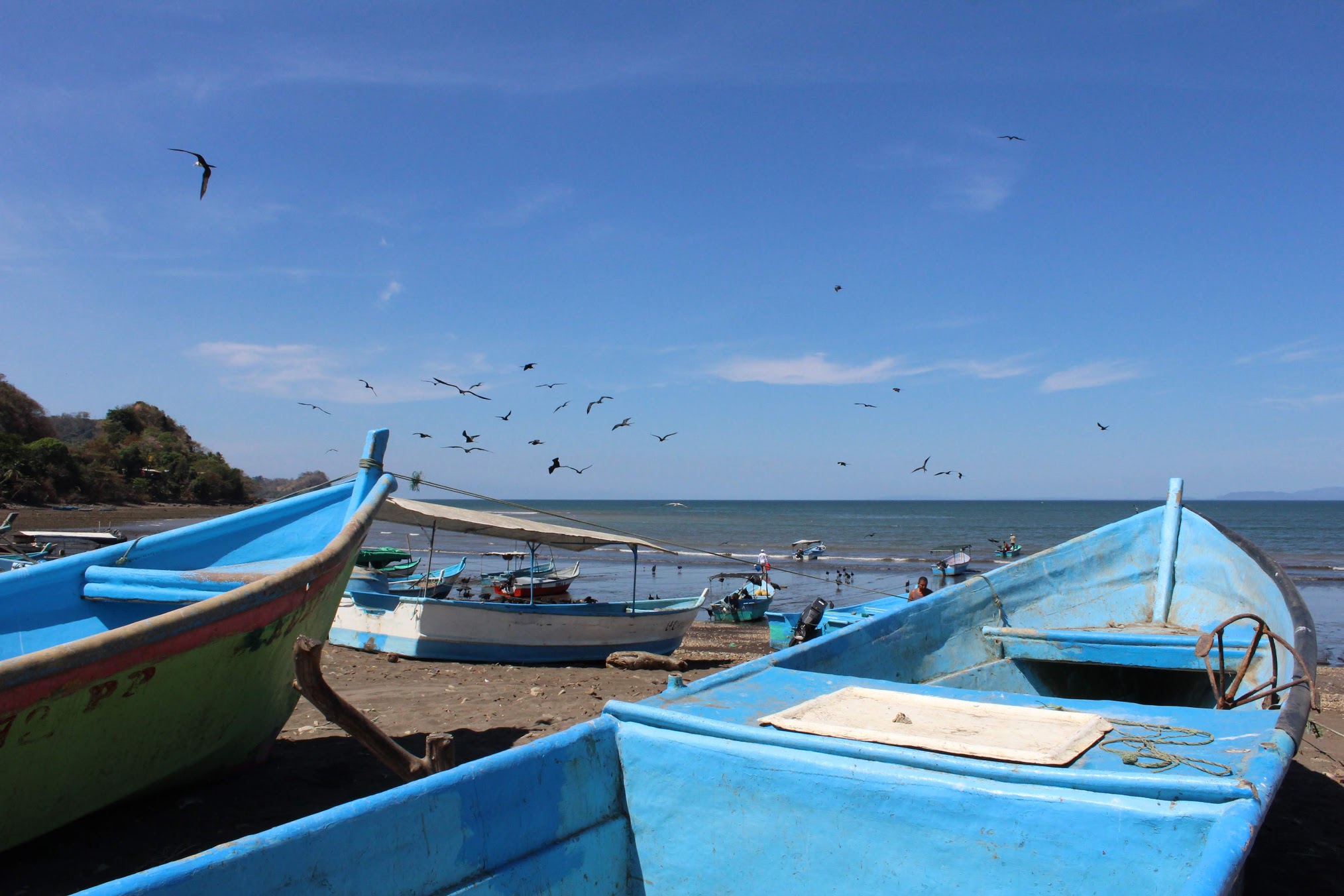
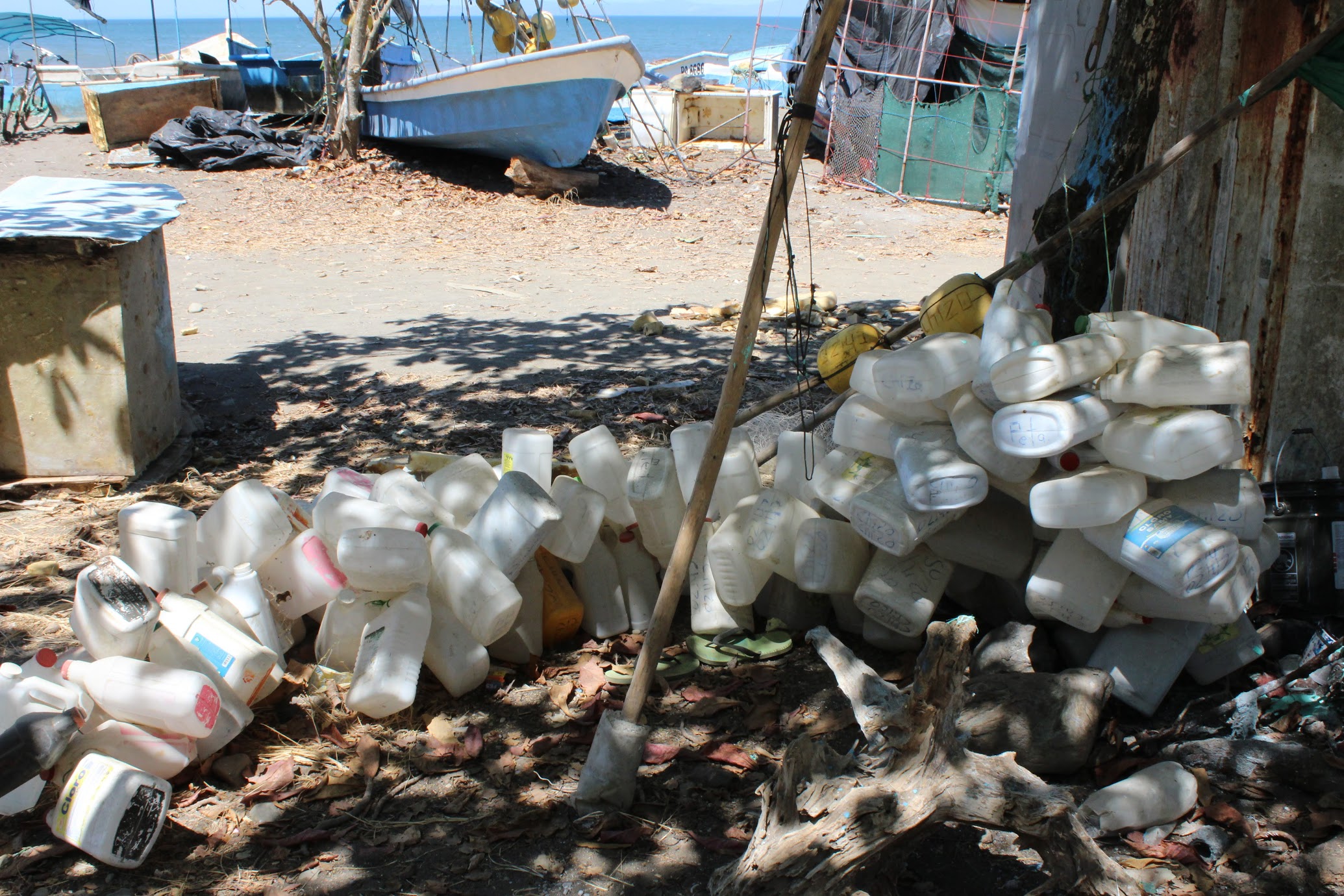
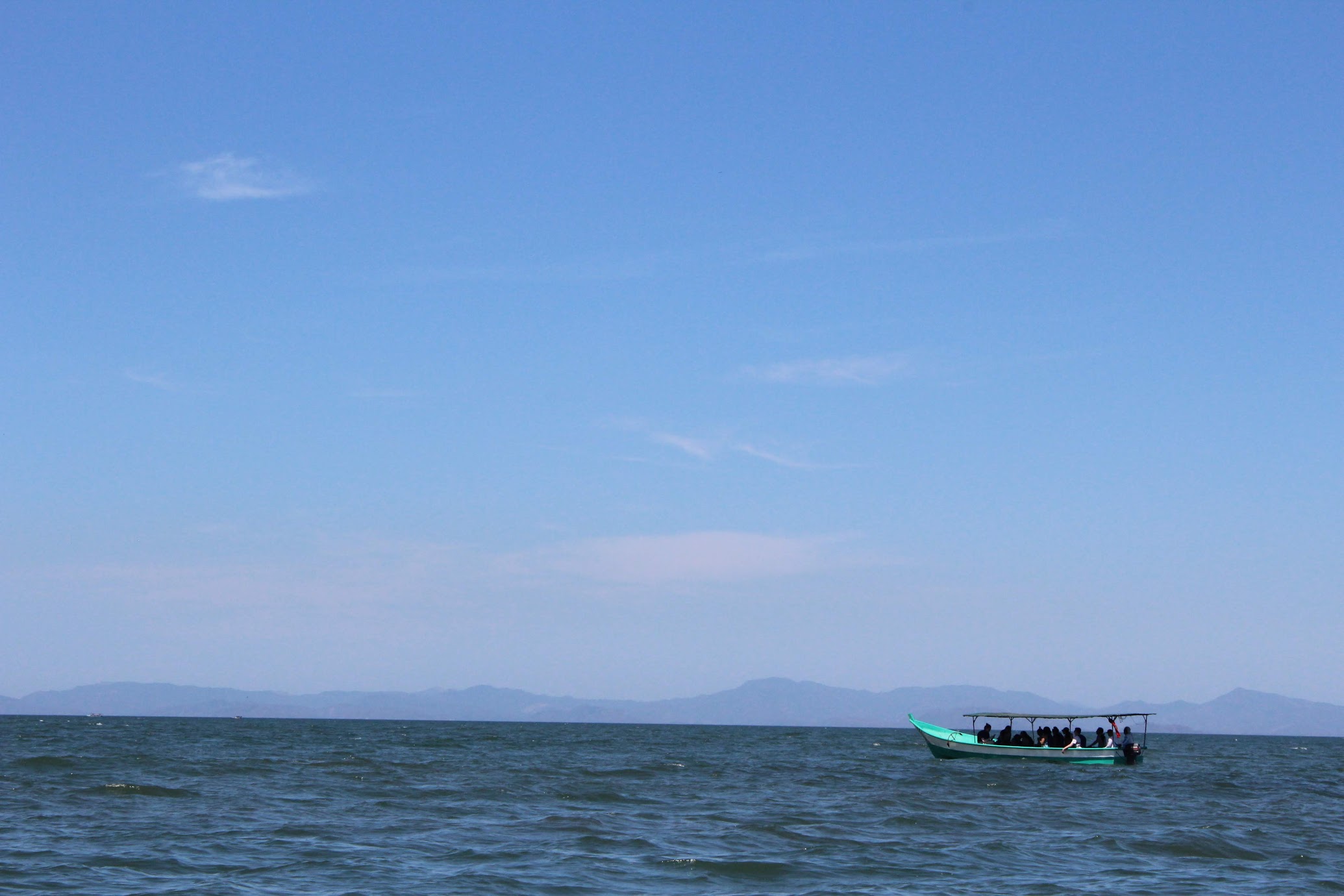
While Naranjo enjoys fishing regularly today, she spent almost half of her life away from the water. The ‘obligations’ that kept her further inland stemmed mainly from her assumed role as wife and mother to her two children. Many women in the fishing village follow these traditional roles within their home: the men, head of the households, fishing for work; the women, home with the children.
When the men return from their trips to sea, women contribute to the labor by helping unload the day’s catch. Others will untangle the fishing lines that are brought back in tangled messes. The process will take at minimum four hours on a good day and the women will get compensated $3/hour for their work. Overall, many will stray from the work altogether.
“A lot of women do come to help their husbands unload their boat, to pull the boat in, to do those kinds of things,” Naranjo said. “[But] to actually go out there and do the fishing - there are not a lot of them.”
While many women steer away from a career at sea for the smelly and slimy nature of the trade, Naranjo explains that many women are looking for work that is more reliable, and a day at sea may not always reap the desired pay.
“Being a fisherperson is challenging because not all the times are good times. There are days when it’s difficult, there are times when it’s dangerous,” Naranjo said. “I think that maybe that's the reason why more women don’t do it, they want something more stable.”
Despite the unpleasant smell of fish on a hot day or the risk involved in maintaining a secure income, Naranjo has refused to be affected by the gender imbalance of the profession. While she has only gone fishing by herself once, she continues to fish alongside her husband and earn her equal wage as any other man.
“All of my life as a fisher-person I’ve only [fished alone] once. I wanted to go out, but my husband wouldn’t. I told him to put the motor, the engine, on the boat because I’m going to go,” Naranjo said. “When we go out together we split it half and half cause I work the same as he does, I work the same as any man. So, if he were bringing a different man, not me, it would be the same thing.”
Naranjo may not be intimidated by her male counterparts, but she does wish more women would take on larger roles within the fishing community.
“Everything is there for them, they see what we do, it’s available to them, they just need to like it,” she said. “And it’s really hard to sort of get them to sort of come in and get involved on their own. If they don’t have that passion, they don’t do it.
“I think it would be very interesting to see other women experiencing this. What it is to pull the netting up, what it is to see the big fish that you pull out. It’s quite beautiful.”

